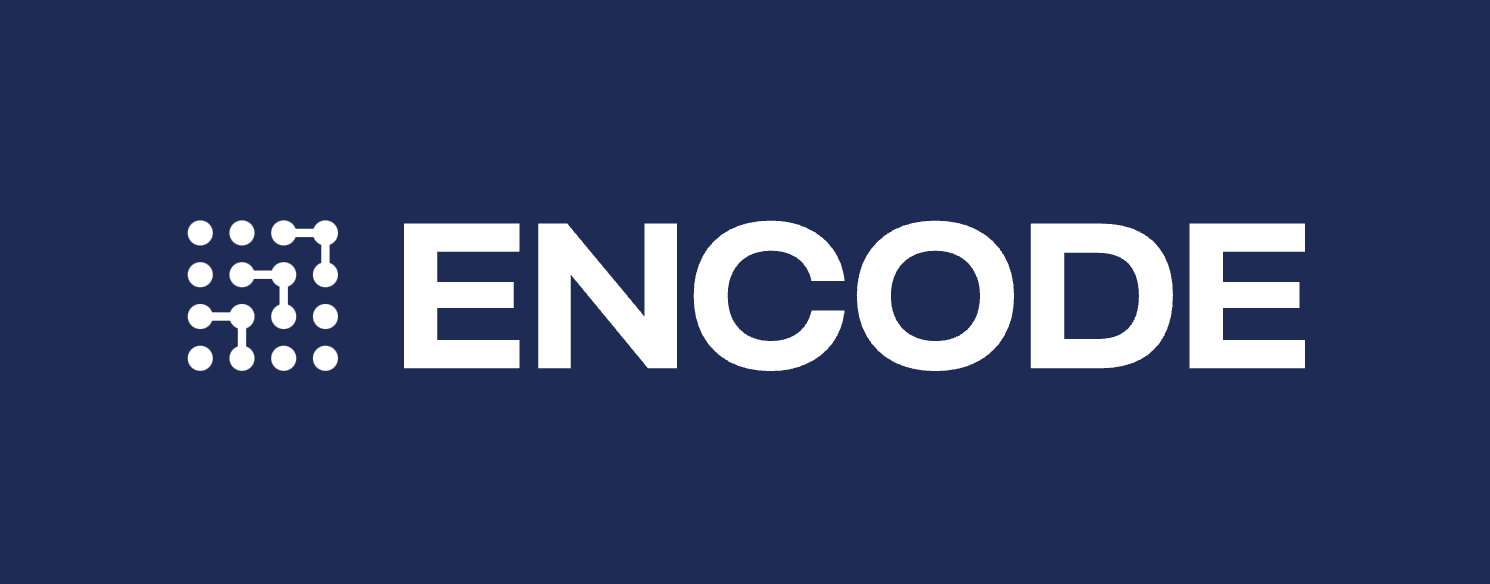Our Chapters
Our network of boots on the ground powers local initiatives across borders.
Use the map below to access volunteer form links for individual chapters by clicking on the pins. Don’t see your state or country represented? Start a chapter and join the Encode community today!
Featured Work by Chapter
Our community spans 1,300 high school and college students across over 40 U.S. states and 30 countries.
Whether they’re standing up to techno-authoritarianism in Egypt or advancing AI safety bills in California, we’re committed to empowering young people to take action on the ground.

California Chapter
California, USA
Encode California partnered with AI policy organizations to hold an AI in the Startup World Summit at UC Berkeley, teaching students about how AI startups can catalyze social impact.
About This Chapter

France Chapter
France
Encode France submitted recommendations to the European Commission for the G7 AI Hiroshima Process, emphasizing environmental protection, transparency, global AI education, and ethical oversight, with plans to contribute to the French data protection authority’s public consultation on AI datasets.
About This Chapter

New York Chapter
New York, USA
Encode New York has worked with the Justice Education Project, the New York Times, the Distributed AI Research Institute, and the NYCLU to protect New Yorkers’ civil liberties in the age of AI.
About This Chapter
